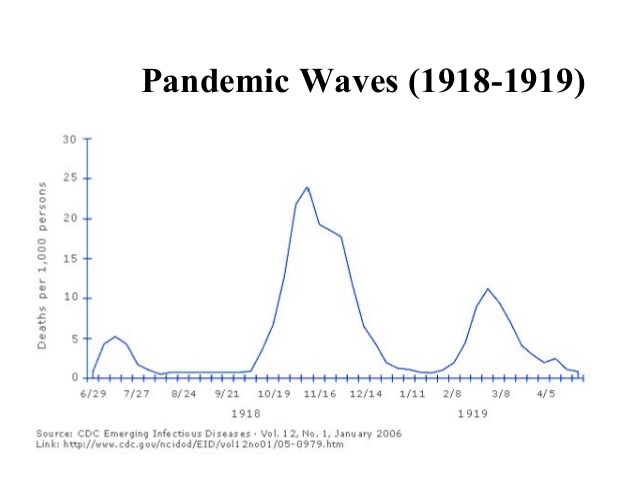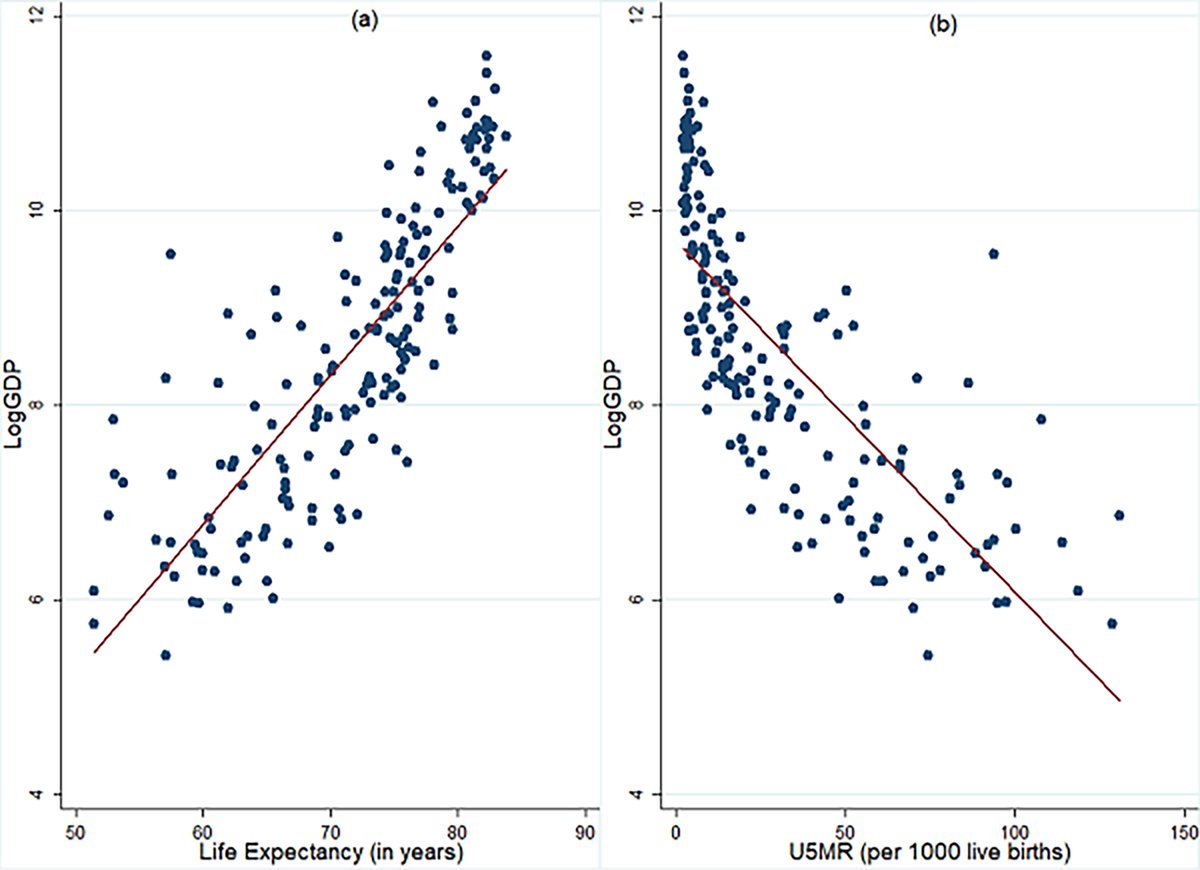I should be qualified to comment on the covid-19 pandemic. I'm a computational/system biologist working on infectious diseases and have spent five years in a world class 'pandemic response modelling' unit. In this thread, I will summarise what I believe I (don't) know. (1/12)
After having spent considerable time thinking how to mitigate and manage this pandemic, and analysing the available data. I failed to identify the best course of action. Even worse, I'm not sure there is such a thing as an acceptable solution to the problem we are facing. (2/12)
I believe that the covid-19 pandemic is the most serious global public health threat humanity faced since the 1918/19 influenza pandemic. There are major differences between the two events but I suspect there will also be similarities that may emerge once we look back. (3/12)
The most plausible scenario to me is for the covid-19 pandemic to wane in the late spring (in the Northern hemisphere), and come back as a second wave in the winter, which I expect could be even worse than what we're facing now. Pic below is what happened in 1918/19. (4/12)
Predictions from any model are only as good as the data that parametrised it. There are two major unknowns at this stage. (1) We don't know to what extent covid-19 transmission will be seasonal. (2) We don’t know if covid-19 infection induces long-lasting immunity. (5/12)
Seasonality is difficult to predict without time-series. Comparison between regions for the covid-19 pandemic suggests some seasonality, but likely less than for influenza. This would be roughly in line with other Coronaviridae (common cold and MERS). (6/12)
How long immunity lasts for following covid-19 infection is the biggest unknown. Comparison with other Coronaviridae suggests it may be relatively short-lived (i.e. months). If this were to be confirmed, it would add to the challenge of managing the pandemic. (7/12)
Short-lived immunisation would defeat both ‘flattening the curve’ and ‘herd immunity’ approaches. Devising an effective strategy would be even more challenging under low seasonal forcing. It would also considerably complicate effective vaccination campaigns. (8/12)
The covid-19 pandemic is an extremely challenging problem and there are still many unknowns. There is no simple fix, and poorly thought-out interventions could make the situation even worse, massively so. (10/12)
The covid-19 pandemic is not just an epidemiological problem. It is a ‘Global Health’ problem, that can only be tackled with an integrated and global approach. For example, there is no such thing as a choice between managing the pandemic vs. protecting the economy. (11/12)

 Read on Twitter
Read on Twitter



